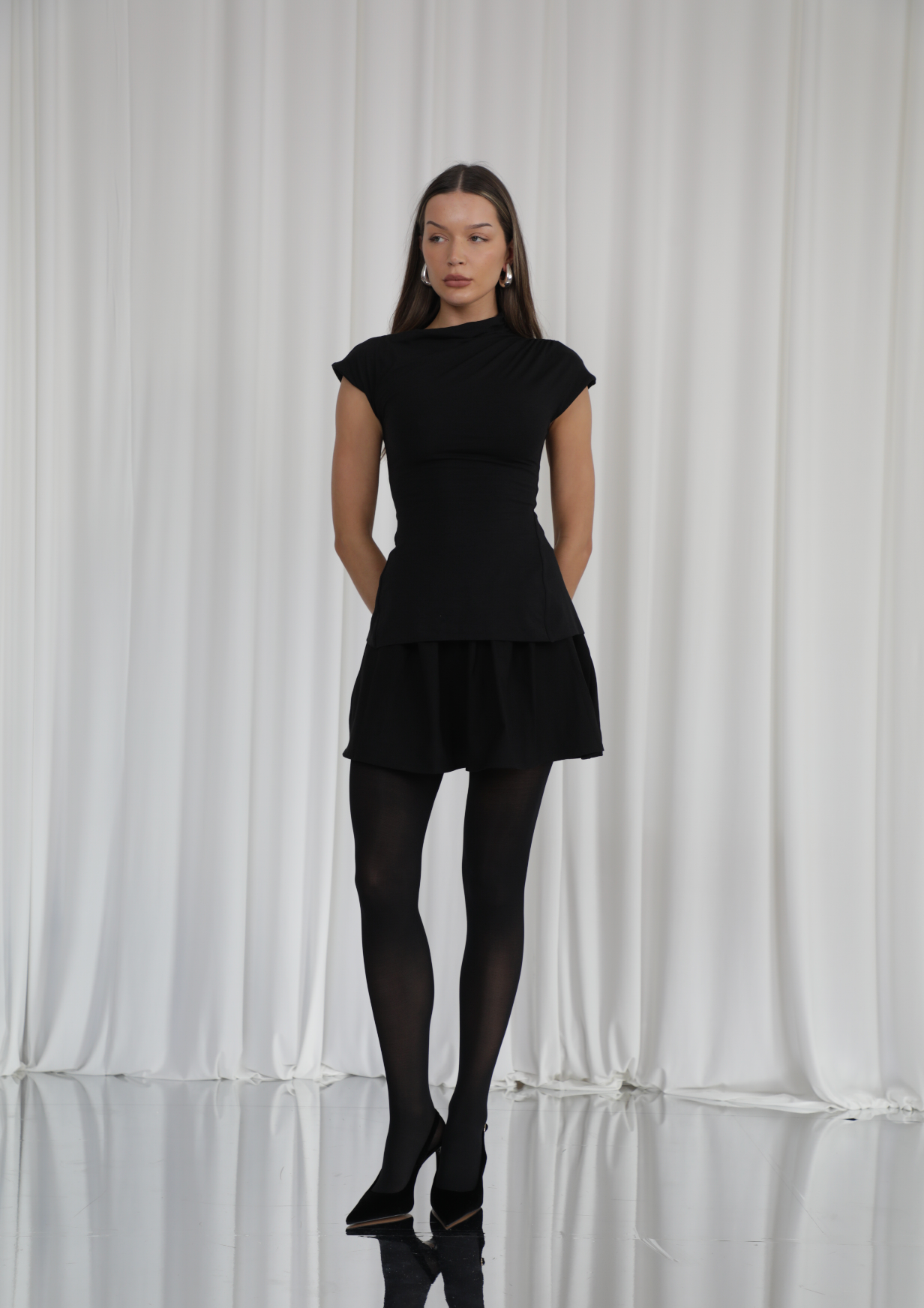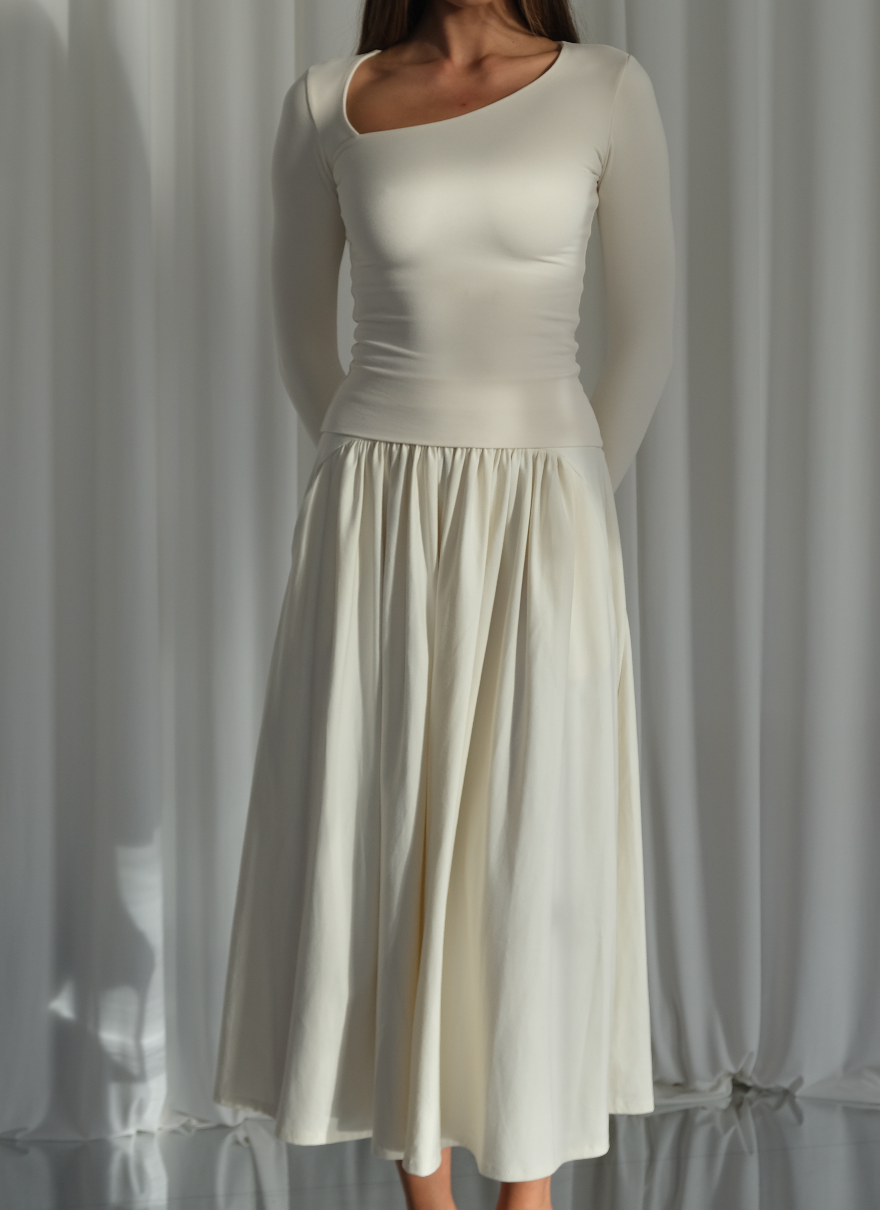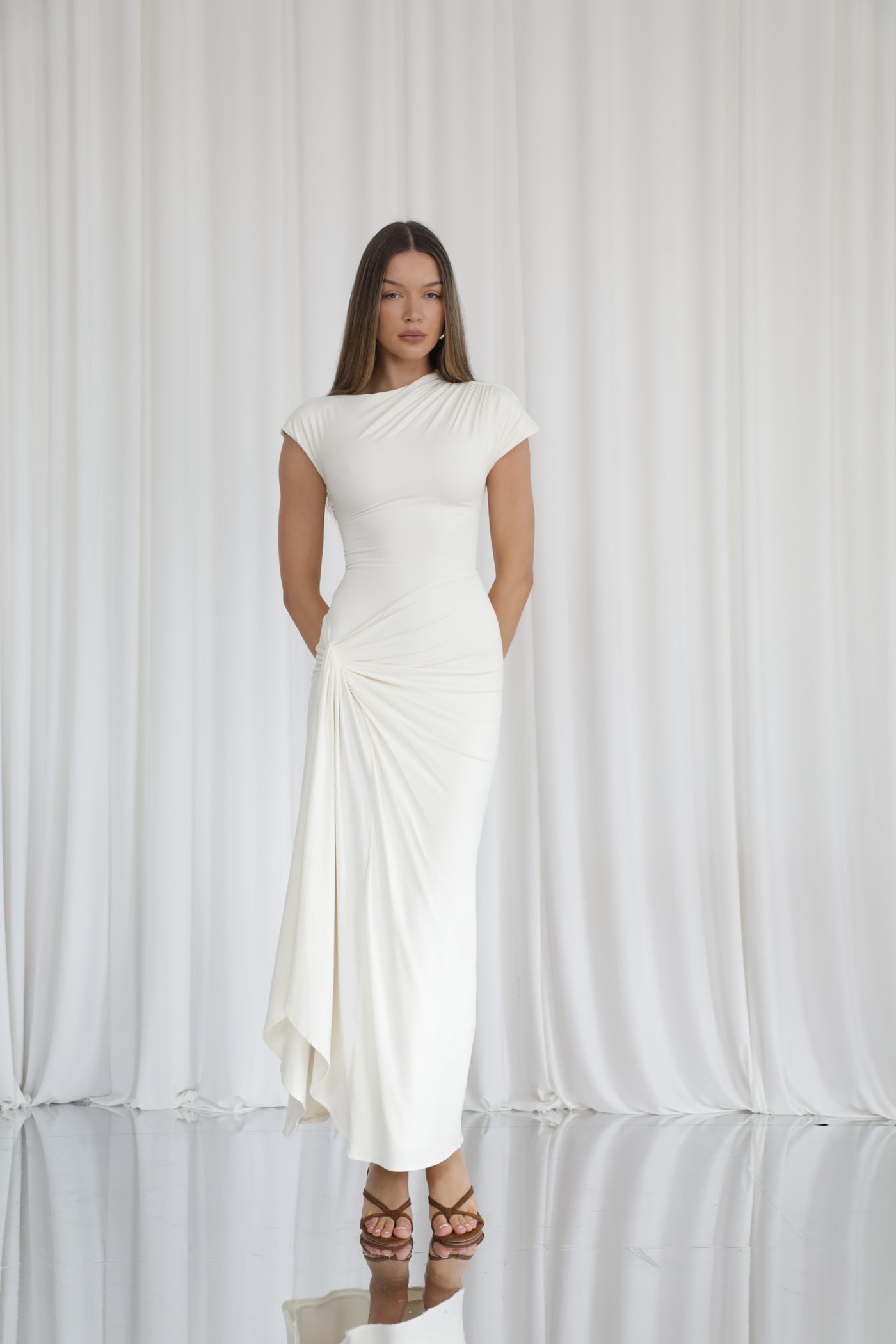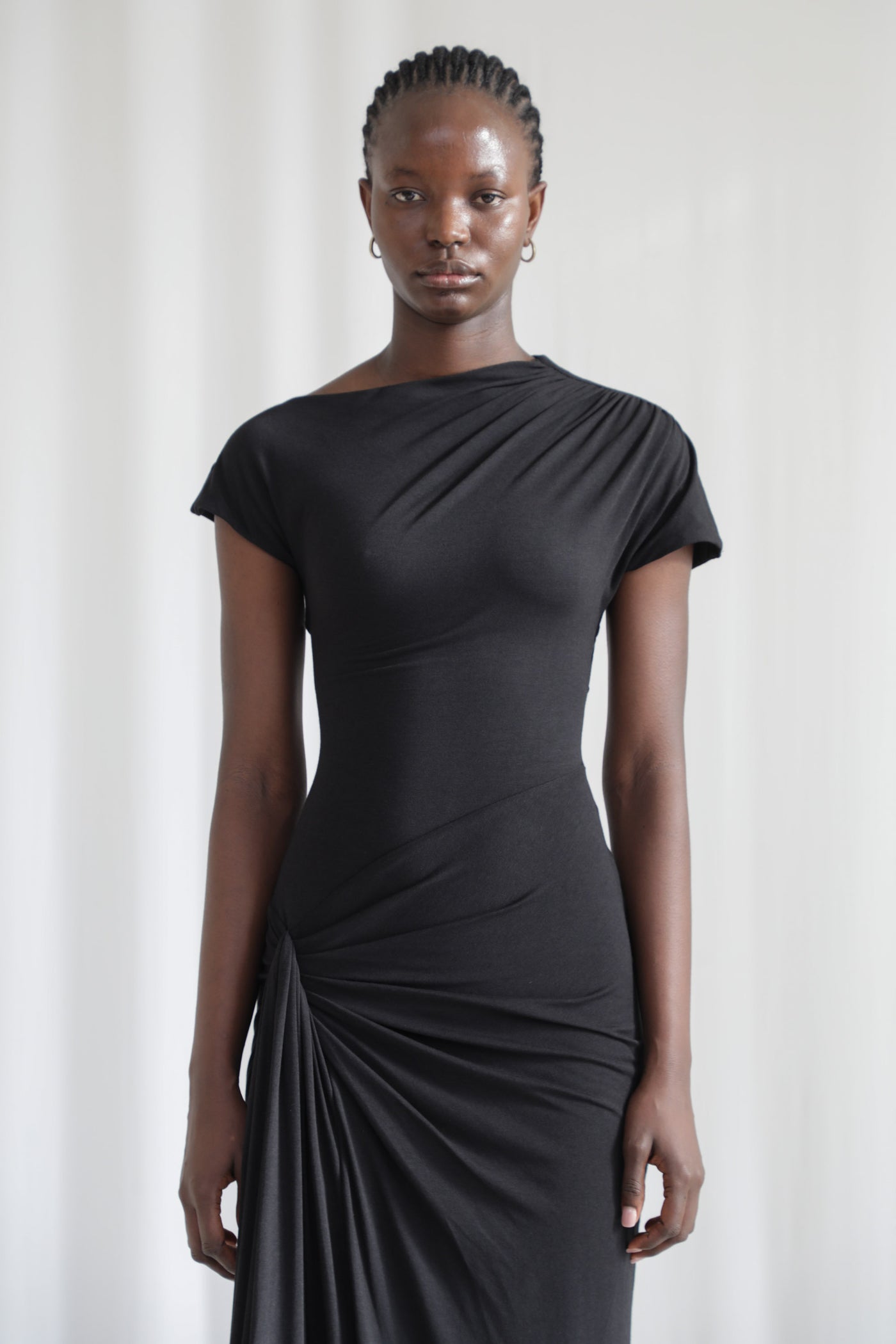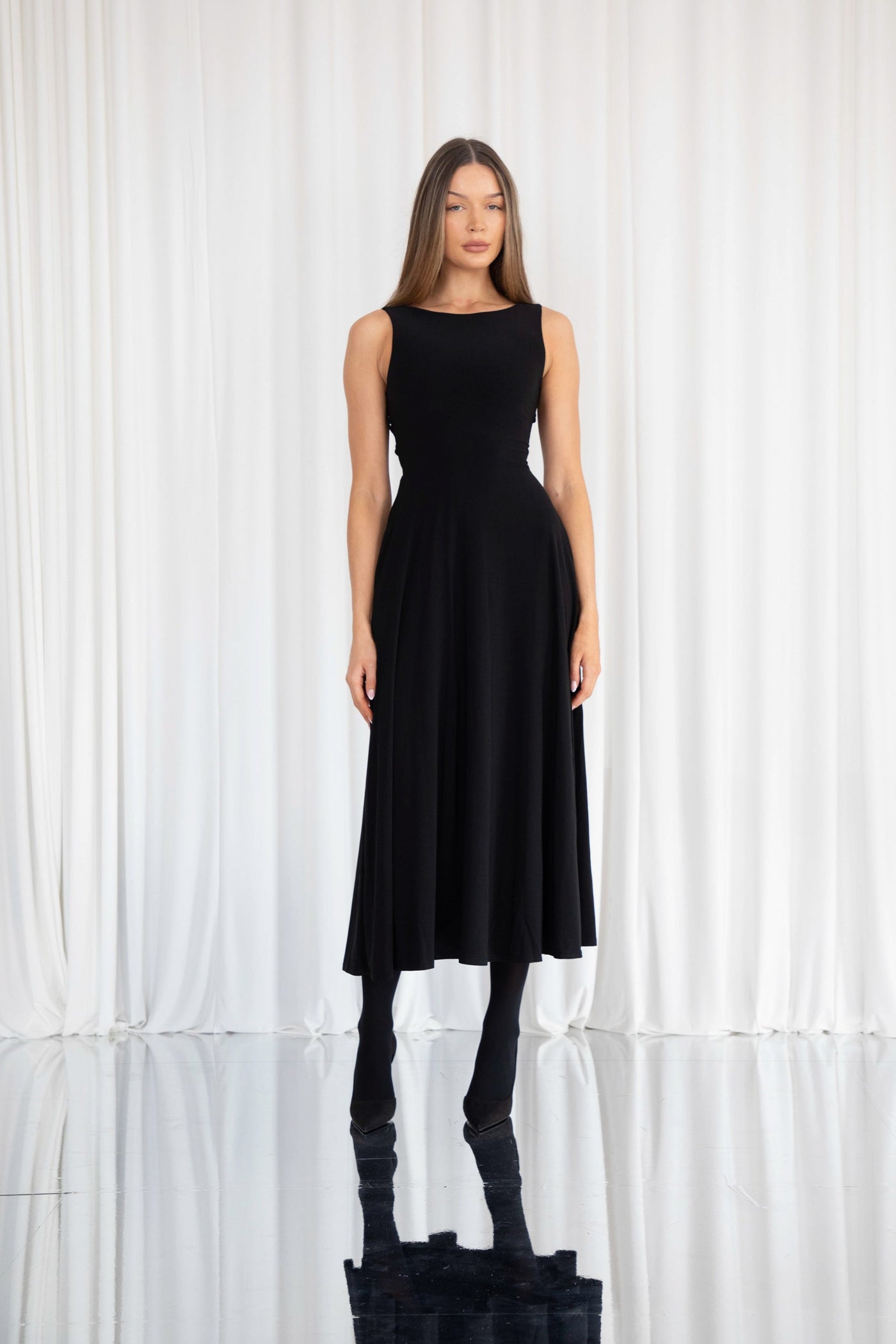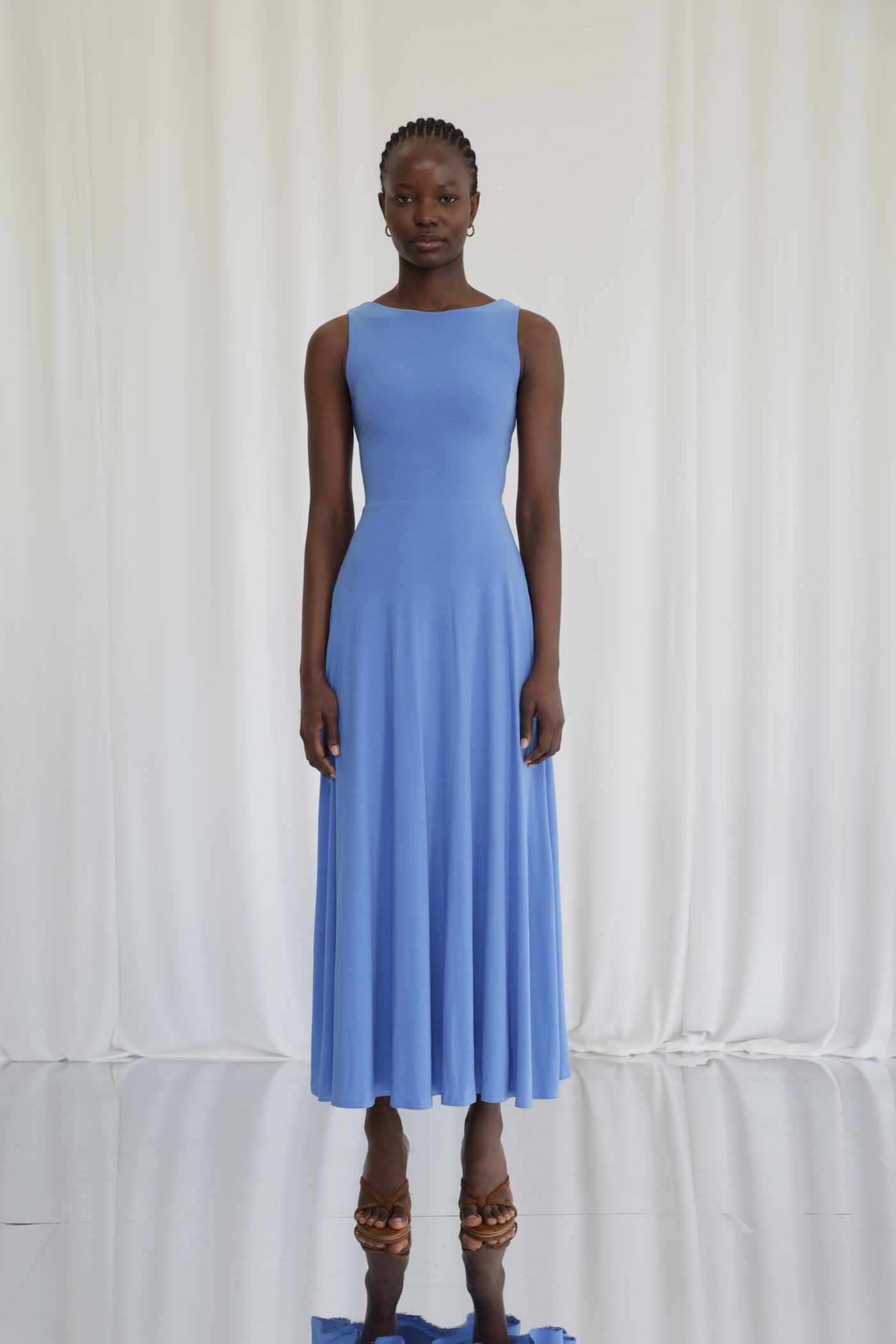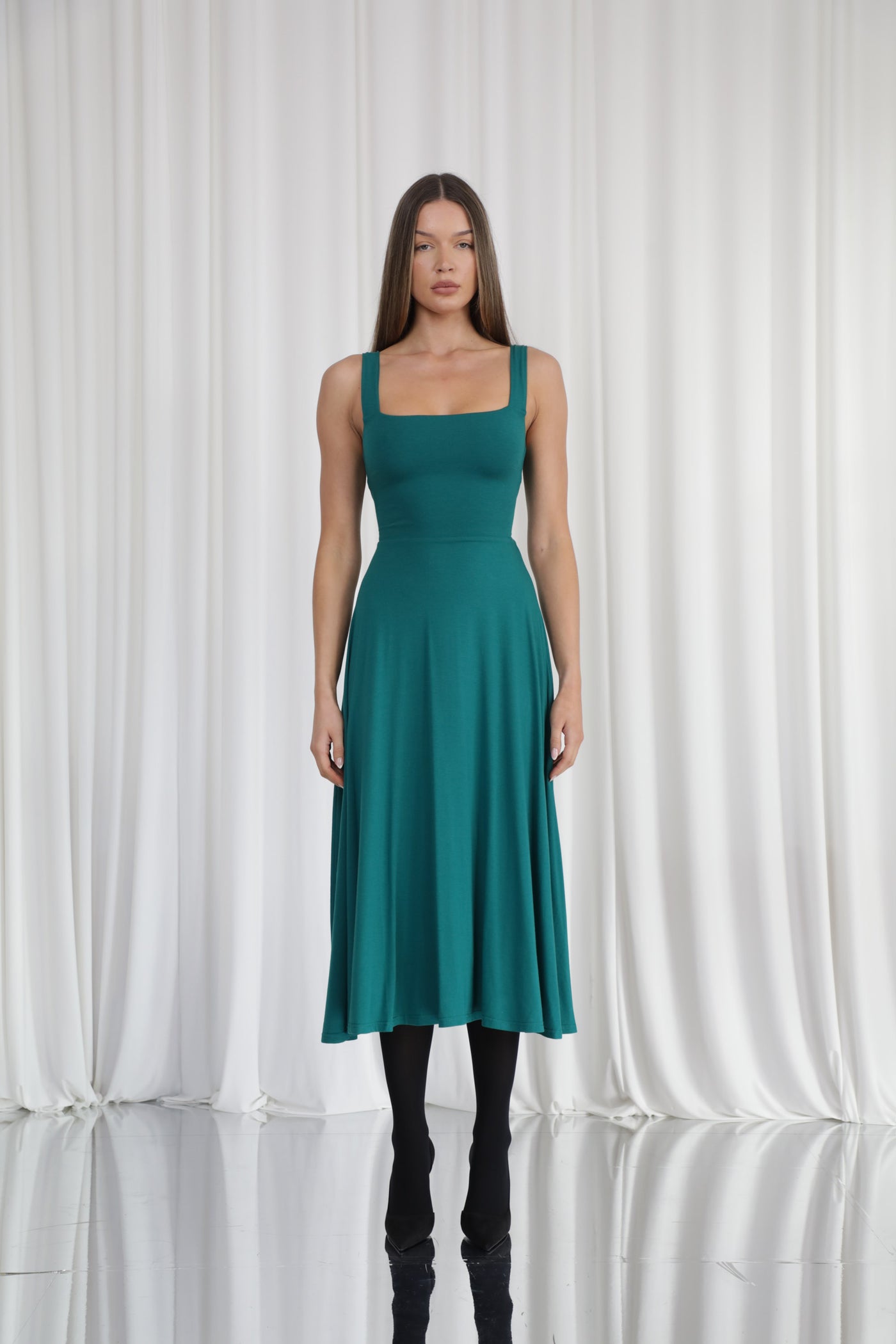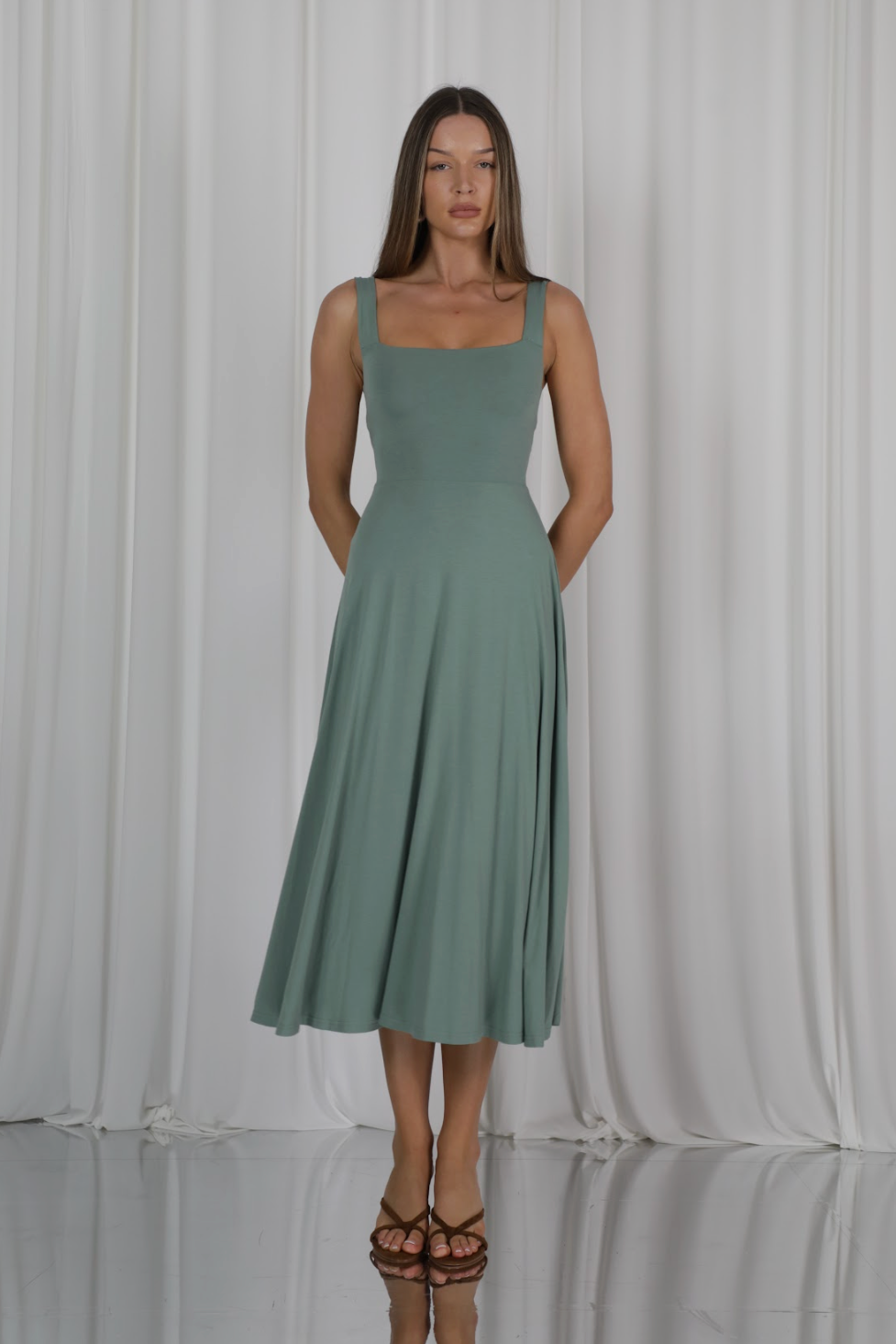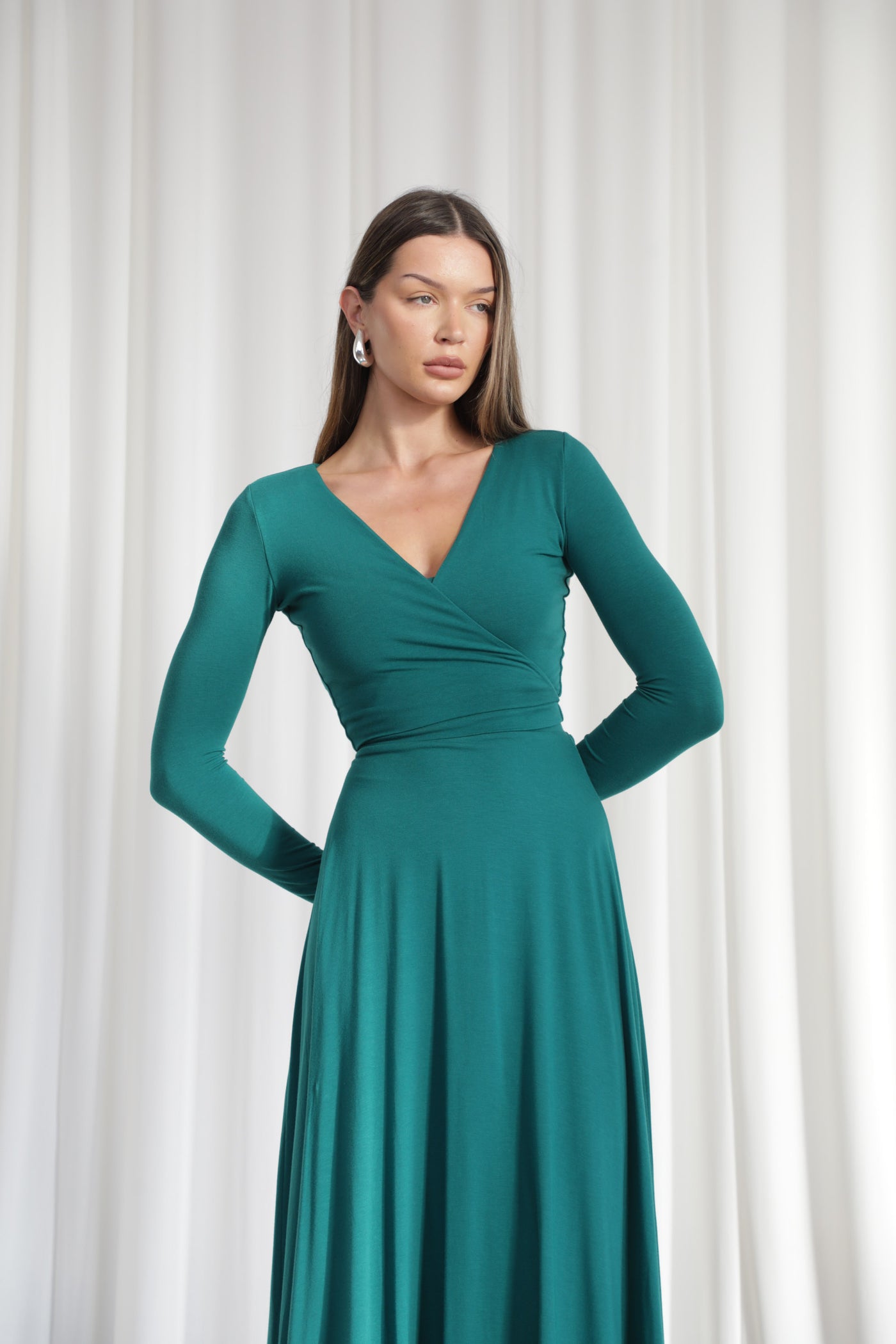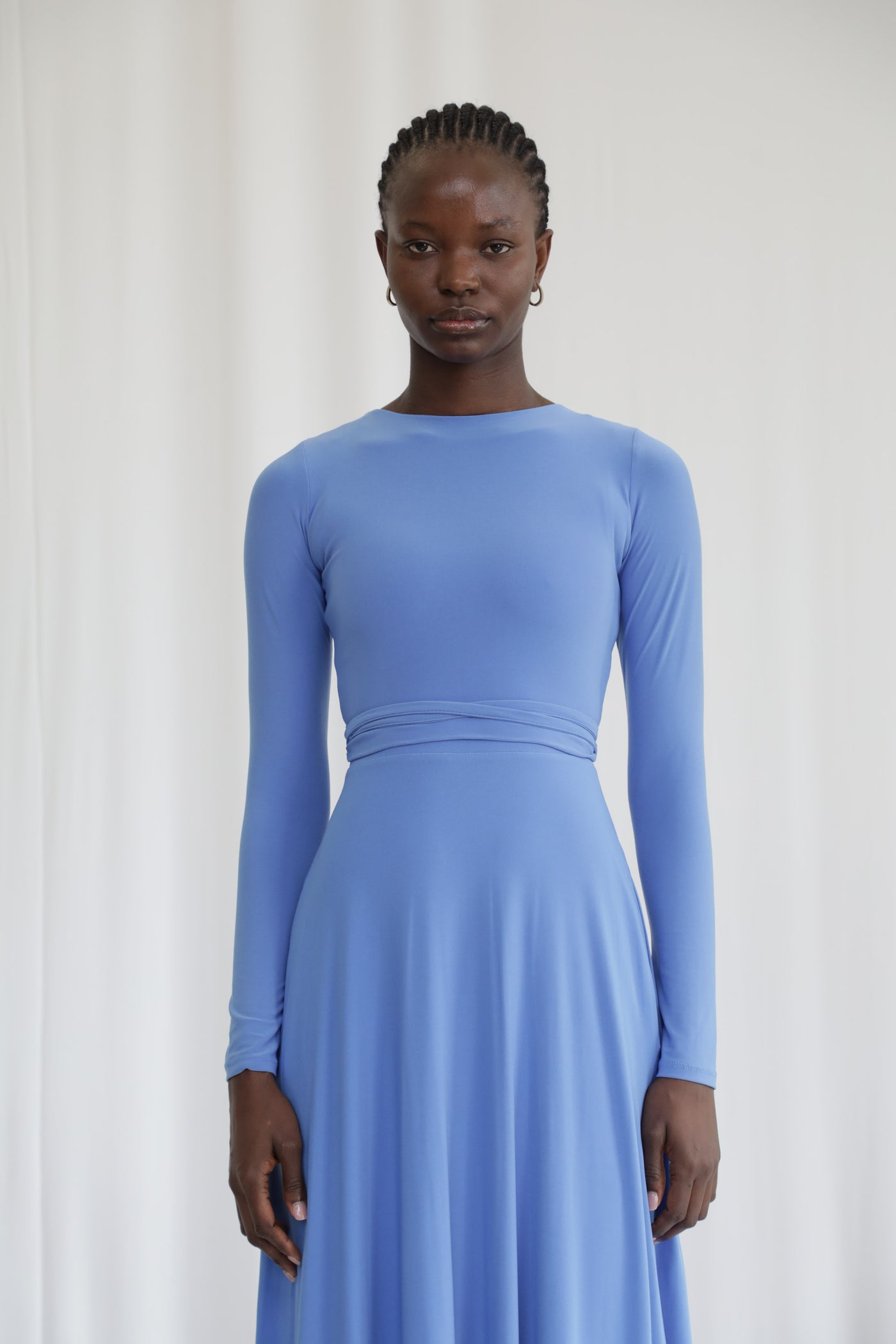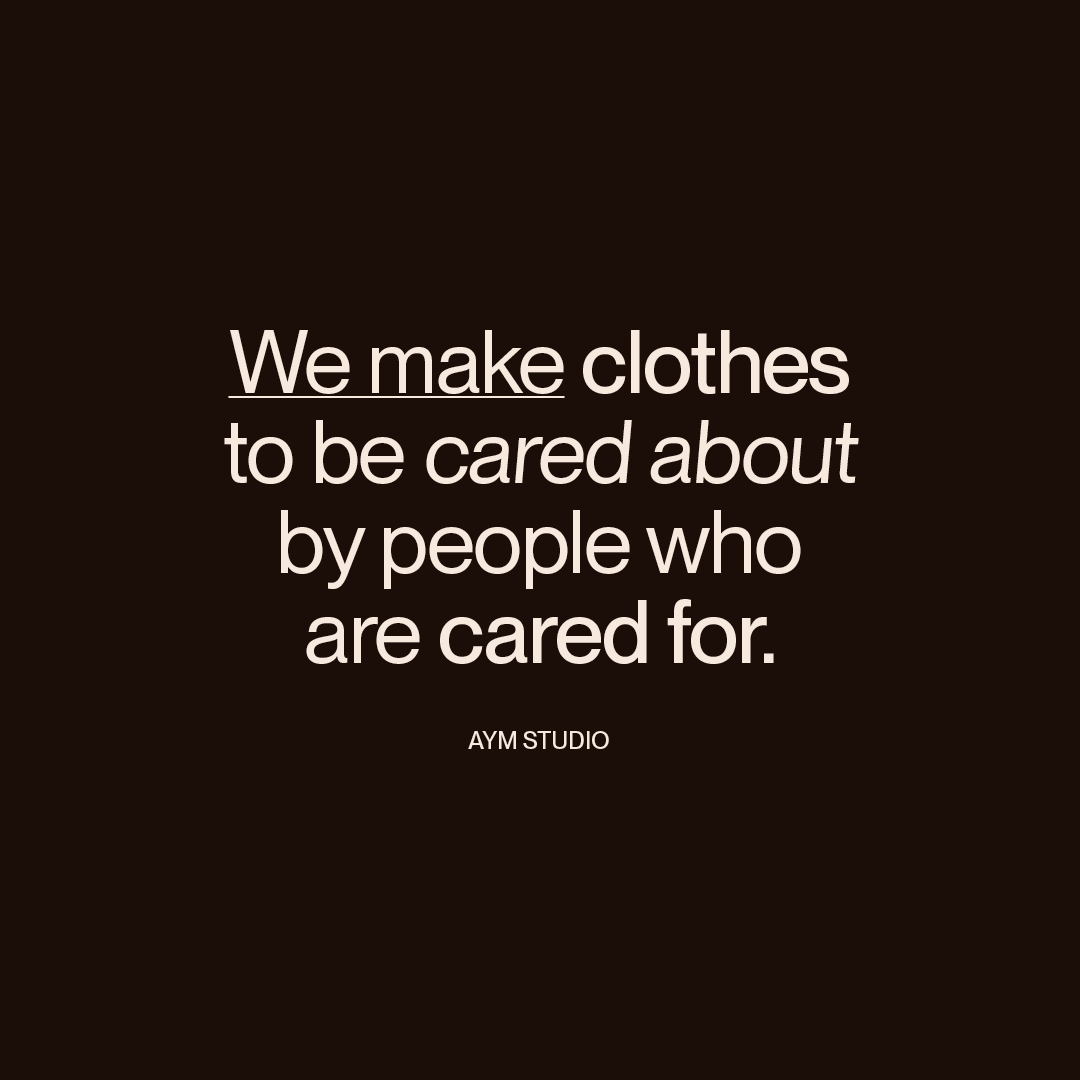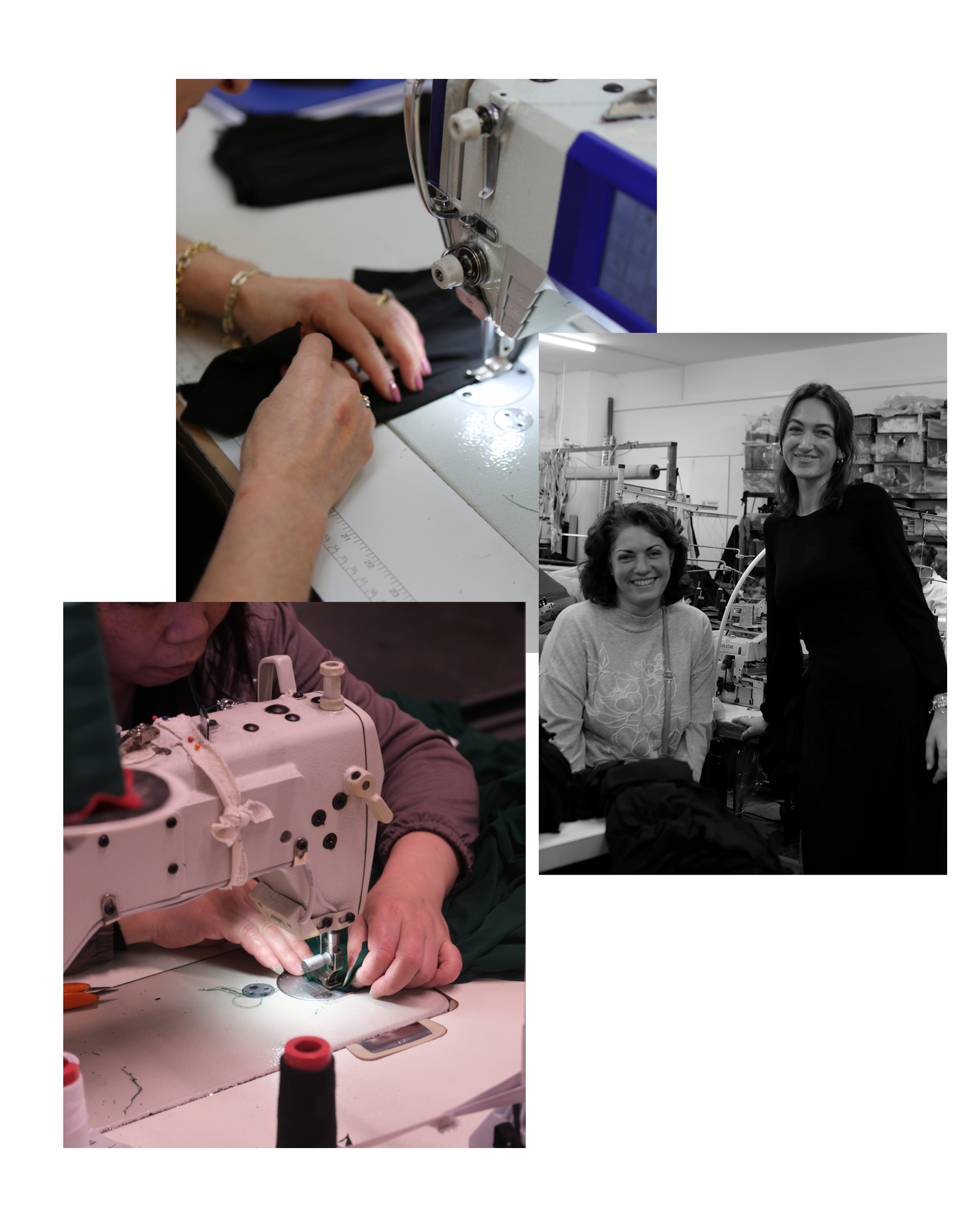
At AYM we want to have a positive impact on the planet, along with the people and animals that live here, it's our responsibility to do better.
Every single product has an impact somewhere. Our aim is to add more good to the world than we take from it. Our goal of being cyclical will take us a while to get to, but we're working hard on it.
Below, we've outlined the steps we are taking in various areas that help us towards our goal.
Our Sustainability Choices
Throughout our company we are considerate and thoughtful about how we are going to make something happen.
To us, 'ethical' means choosing the morally correct way of doing something and we apply this to everything we do. This includes the fair treatment of our team who are paid above living wages and work in a safe, inspiring environment.
It also applies to our choices in being responsible to the planet - through reducing waste, counteracting any negative impact we may have on the planet and ensuring we are being kind to the ecosystems and the animals that live here.
Our London based production takes place in ethical facilities, that we’ve worked with for many years, to build strong and meaningful relationships.
Our production partners are compliant with British Health and Safety and work regulations, ensuring the highest level of safety for the teams that work in the design studios.
We also work with a freelancer called Lulu who operates from her own at-home studio.
No clothing can be made without passing through a pair of hands somewhere. As fabric is flexible and every piece of clothing moves, stretches and reacts in different ways – there is always a human element within the production process. It is vital that the people in the supply chain are treated ethically.
Frankly, when fashion is designed to make you feel good – surely those who make it for you should feel good too.
At AYM we have teamed up with Living Wage Brighton, to ensure that we are always paying above the Living Wage to our team. All of our clothing is produced in the UK, so this is the UK Living Wage.
We use cardboard boxes and gift boxes to send out full price orders. These can be used as keep sakes as they are lovely boxes, or can be recycled.
The internal packaging is made with eco friendly materials.
- We avoid additional packaging inserts wherever possible.
- If using flyers, these are printed on recycled FSC paper.
- Garment bags are a necessary part in making sure clothing is protected in storage and transit. When we use these we select garment bags that are either made from Recycled Plastic or Gassline material which is fully compostable. We ensure they have the option of breaking down after use, or being recycled.
- Swing tags are made from FSC materials.
- Woven and internal garment labels are made from Organic Cotton fibres.
- The print used on our packaging is tested to ensure it is compliant with chemical regulations.
FSC stands for Forest Stewardship Council. When materials are certified by the FSC they are the highest standard materials that have been made with sustainable sourcing that puts forests and people first.
We are a member of the Ecologi programme, which off-sets the carbon of each of our team members. This helps us work towards being clime positive through growing trees through us contributing a monetary value each month to cover the cost of the trees being planted. All working towards helping the planet to reduce it's carbon emissions.
Sales are rare for us. Due to our production processes, we are careful about the volume of production we create. This means that we mostly sell out of garments at full price, without the need to discount them in order to sell any left over stock.
Additionally, due to our focus on timeless design, we are able to carry styles over to new seasons without the rush to discount or sell garments due to that style not being 'on trend' anymore. The joy of minimal colour palettes and thoughtfulness when considering the timeless qualities of clothing, allows our garments to transcend seasonal trends, so that they will always be wearable.
Pre-Order
This is mainly used on new garments as a way for us to monitor the demand on these styles before offering them for general sale. Pre-order gives us the ability to collect orders for a garment and then produce to meet that demand accurately. Traditionally in the (mid-range) fashion sector, clothing companies will produce 1000s of garments to meet minimum order quantities before a style is even launched. If the style isn’t popular, the garments produced are instantly considered waste. Companies then have to reduce the prices in order to shift the products and if that doesn’t work the garments are destroyed.
Pre-order takes longer – the styles aren’t instantly available – but we are able to dramatically irradiate waste by producing only what is actually ordered.
Readily Available
When a garment is extremely popular, we will produce stock based on careful planning to avoid over consumption.
We have carefully selected garments that are selling well so that we are producing only to meet near future demand (only ever holding 1-2 months worth of stock). This allows us to ship these garments more quickly to customers who are pushed for time, whilst simultaneously reducing waste by having limited quantities produced.
Creating garments that are made to last means two things; quality and timeless aesthetic.
We are passionate about finding the best fabrics, production processes and finishes to keep garments lasting as long as possible.
Once the garments are in your hands, you can follow our Care Guide for tips on how to take good care of them so that they last as long as possible.
Through a considered approach to the design aesthetic we are able to create garments that transcend seasonal trends. Our wardrobe staples are the pieces we love to wear over and over again.
As fashion designers, we have implemented responsibility into the very initial stages of our product creation. By designing with sustainability at the front of our minds, we are able to be considerate in our approach to product creation.
We keep our designs in line with the desires of our consumers, because we believe access to ethical options without having to sacrifice your sense of personal style and self expression is fundamental.
Creativity makes this world a more enjoyable place to live and we are working to ensure that our creative approach to designs allows you to feel excited about our product offering, whilst being able to enjoy shopping with confidence that your choices are ethical too.
We select fabrics that are certified by independent regulators including:
- GRS = Global Recycled Standard. GRS includes a higher (50%) minimum recycled content percentage and additional social and environmental requirements related to processing and chemical use.
- OEKO-TEX® STANDARD 100 = one of the world's best-known labels for textiles tested for harmful substances.
- OCS = Organic Content Standard. Only material from certified organic farms (under one of IFOAM’s Family of Standards) is accepted to the OCS.
Responsible fabric choices to us, are fabrics that have visible supply chains, allowing us to understand the process of its creation.
Fabrics are typically created by taking a raw material and spinning or weaving that material into a yarn (like a thread) and then weaving or knitting those yarns together to create a length of fabric.
We have to be very selective about the fabrics that we choose. We always select fabrics that tick a few boxes for us;
- Responsible in their production
- Ethical process used to create the fabric
- Never use animal products
- They are soft and comfortable on the skin
- They are durable and long lasting in quality
- They can be used in our designs
- That they will have a positive impact during their use
- That they will have a positive impact in their afterlife
- Have the ability to be ordered in small batches (some fabric mills have minimum order volumes of 1000 metres or more and when we are making to order we simply don't need this much fabric)
- Are affordable
As you can see, there are lots of things to consider and these choices make fabric selection tricky. The biggest challenge we currently face is finding fabrics that tick all of these boxes whilst still being affordable.
Oftentimes fabrics can be £30+ per metre and a typical garment may use 1.2 metres of fabric. This means £45+ cost of fabric alone, before taking into account labour cost, packaging, overheads and shipping. This could result in a garment needing to be priced at a minimum of £95 to cover the cost alone, before profit is factored in. Some of our garments sell at £49... so you can see it makes things tricky.
Our Natural Collection contains garments that are all made from organic plant-based materials. These fabrics tick lots of the boxes for us.
One of our big challenges is finding a replacement for the recycled Polyester/Elastane fabric that we use on lots of our garments. This fabric is made using post-consumer waste polyester which is a durable, long lasting fabric created from plastic fibres. We recognise the need to change this fabric and we are slowly transitioning away from this. Whilst we still have stock of this fabric still, we are producing only what is ordered and we are creating timeless pieces that will be versatile so that the impact of the fabric is reduced through the garment being worn often and for a long time.
All new fabrics that we purchase must tick off the bullet point list of responsible requirements above.
We've now partnered with UK based repairs and tailoring service, SOJO, to offer you easy repairs and alterations on your AYM products, so that you can love them for longer. Learn more about SOJO.
We want you to get as much use out of your garments as possible. We recommend that you take special care of your garments. We will do everything we can to create clothing that lasts and we hope you'll find ways to take good care of the clothing to ensure it lasts even longer. Learn how to care for your clothes here: Care Guide.
Materials Matter
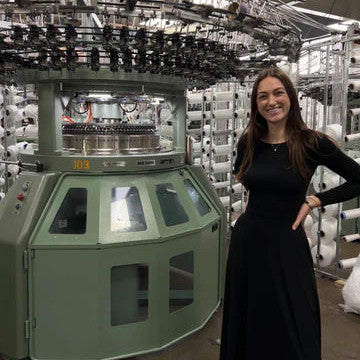
Made in the UK
Fabrics that are made and dyed in the UK help keep our footprint small. Our recycled ITY is one of the fabrics that comes from the UK.
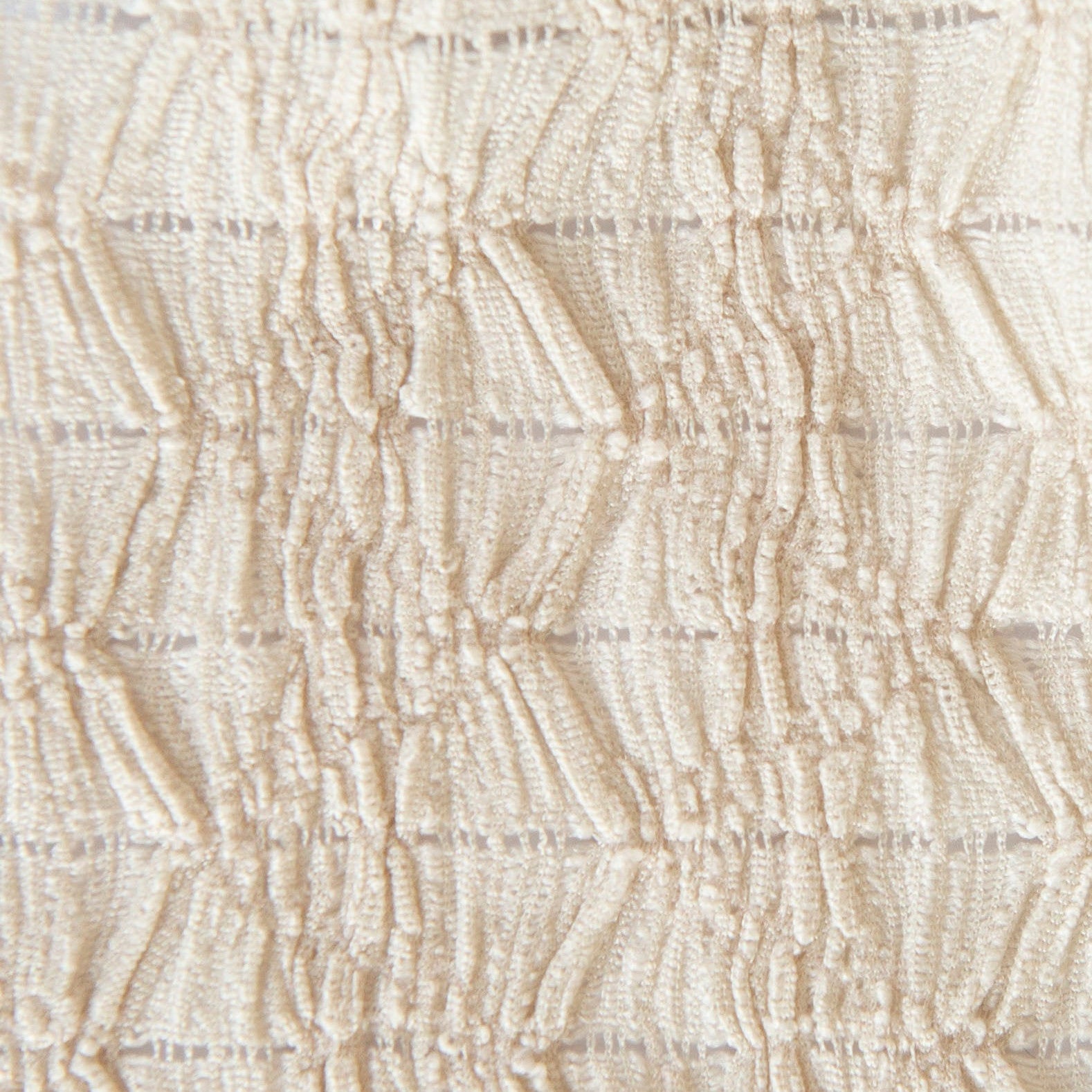
Carefully Considered
We prioritise ethically sourced and responsibly milled materials. To ensure durability we select fibres that will remain resilient during their life span.
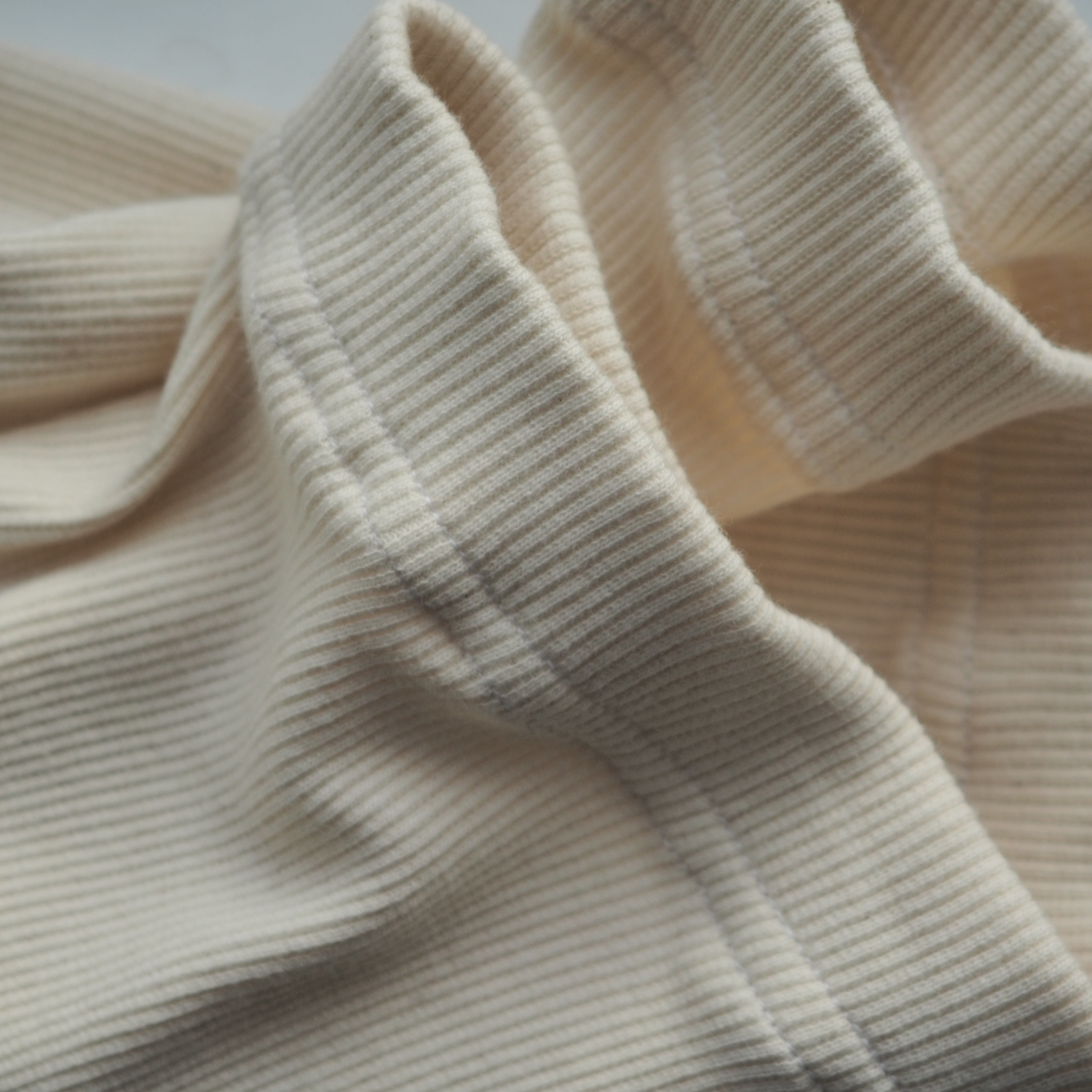
Certified Sustainable
We select fabrics that are certified by independent regulators including GRS, OEKO-TEX® STANDARD 100 and OCS certifications.
Learn & Grow
There is always loads to learn, we are pro-active about finding solutions to improve our sustainability. We also value your feedback and input. If you have any suggestions for us please get in touch: info@aym-studio.com


